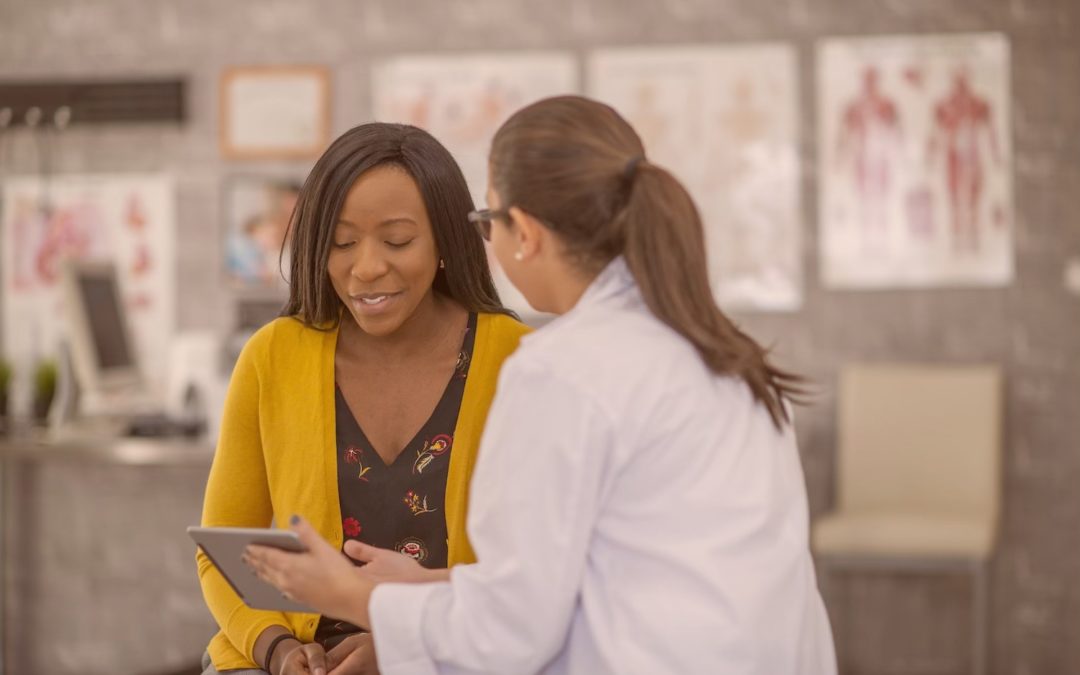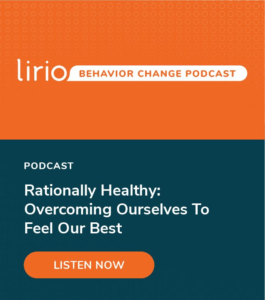Care for People at Highest Risk with COVID-19 Dips During Pandemic
COVID-19 affects everyone, but harmfully affects people with diabetes. A significant proportion of people with severe COVID-19 complications and those who have died from it had diabetes or another high-riskcondition.
Because older age only compounds this risk, 1 in 3 older adults (50-80 years old) with diabetes delayed care during the pandemic out of fear of being exposed to COVID-19 in a healthcare setting. In-person healthcare dropped by 18% overall due to patients’ fear and healthcare organizations’ need to prioritize treating COVID-19.
Still, the successful management of diabetes requires routine monitoring of glycated hemoglobin (A1c), blood pressure lipids, and screening for nephropathy that can only be done in person. Consistent, biometric visibility allows for treatment adjustments to prevent or slow the progression of diabetes-related comorbidities and complications.
But during the pandemic, A1c testing dropped by 66% overall and dropped significantly more (75%) among older adults with diabetes. For people with an elevated A1c, indicative of the need for more aggressive treatment, missing and unmanaged A1c results can lead to serious, adverse health outcomes.
Delayed Care and Disrupted Self-Care Has Dire Consequences
During COVID-19, delayed care was often coupled with disrupted self-care. Daily life significantly changed during the pandemic. For a small few, diabetes routines continued unaffected. For most, the pandemic disrupted everything, causing more sedation, food intake, stress, and worse sleep.
The lethal mistake of delaying care and health monitoring and worse self-care is in the numbers. The CDC released data last week reporting a 14% increase in diabetes-related mortality in 2020 compared to 2019. It is the highest death increase in at least 20 years.
Meeting People Where They Are Connects Them to The Care They Need
Life in the pandemic has changed. Driving people back to recommended care and jumpstarting recommended self-care is a priority. To do it right requires deeply understanding how individuals make decisions, what gets in their way, and what facilitates taking action. Behavioral science evidence accumulated during the pandemic, and many decades ahead of it, points to cognitive, psychological, psycho-social, intra- and interpersonal, contextual, societal, and environmental factors interfering with and influencing our behavior.
These factors vary by person, behavior, and change over time. Before the pandemic, what got in the way of utilizing care and performing self-care differed from the hurdles presented by the pandemic. And the hurdles differ based on someone’s age, employment status, digital access, location and more – e.g., being older during the pandemic, losing employment and, in turn, insurance, having no digital access for virtual visits, and local mandates restricting self-care options introduces a collection of hurdles unique to people with these characteristics, but not for those that do not have them.
Meeting people where they are, uniquely, personally, and at scale, requires a one-of-a-kind capability only Lirio offers. Lirio’s behavior change AI platform takes message elements encoded with active ingredients for behavior change, assembles them into unique communications, and serves them at the right time and place, through the right channel, in the right format and language for each person. Each assembled communication is a behavioral intervention selected from hundreds of possibilities.
This degree of precision, called Lirio Precision Nudging™, is light years more effective than a one-size-fits-all or segmenting-a-population, targeted approach. Prior to Lirio, such personalization could only be achieved with labor-intensive human effort. With Lirio, advanced machine learning scales meaningful personalization. Behavioral interventions are personalized according to the differences and similarities of people and how they behave.
Learn More About Lirio’s Approach
Opportunity to Impact Lives & Promote Health Equity
Together with Bon Secours Mercy Health, Lirio developed and launched an innovative Lirio Precision Nudging™ solution to help patients with diabetes receive care at recommended intervals and remain digitally engaged in their care in between appointments. The solution, packed with 800 behavioral interventions, is designed to close gaps in care, improve digital engagement in care, reduce cost of care with an outcomes-based approach, and, ultimately, improve the health of people with diabetes.
Effectively engaging everyone in their health requires hyper-personalization addressing today’s and tomorrow’s hurdles for each person, differently.. This is how we close gaps in care and ensure health equity. For example, some factors disproportionately impact certain groups. Addressing them with Lirio promotes health equity – a priority in diabetes, which disproportionately affects people of color – and ensures no one is left behind.
Learn more about Lirio’s Behavior Change solutions and Lirio Precision Nudging™ here.
Follow Lirio on Facebook: Facebook.com/lirio.llc, LinkedIn: LinkedIn.com/company/lirio, and Twitter: @Lirio_LLC.
Other readers viewed:
Lirio Launches Precision Nudging™ Solution to Close Gaps in Diabetes Care
How to Make Patient-Centered Care Sustainable
How Behavior Change AI Addresses SDOH
How to Connect with Patients as Individuals: 10 Behavioral Biases Health Systems Should Know


